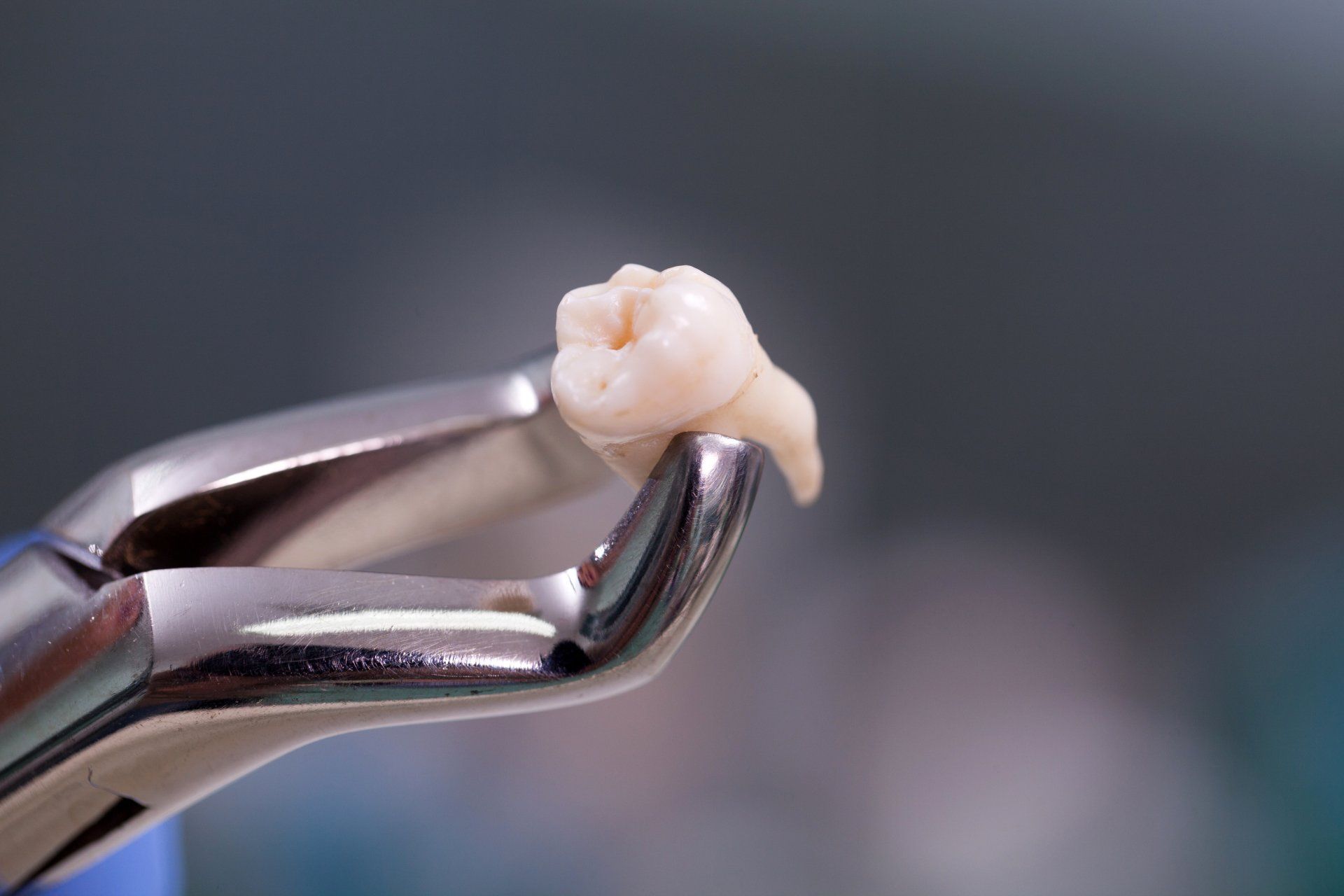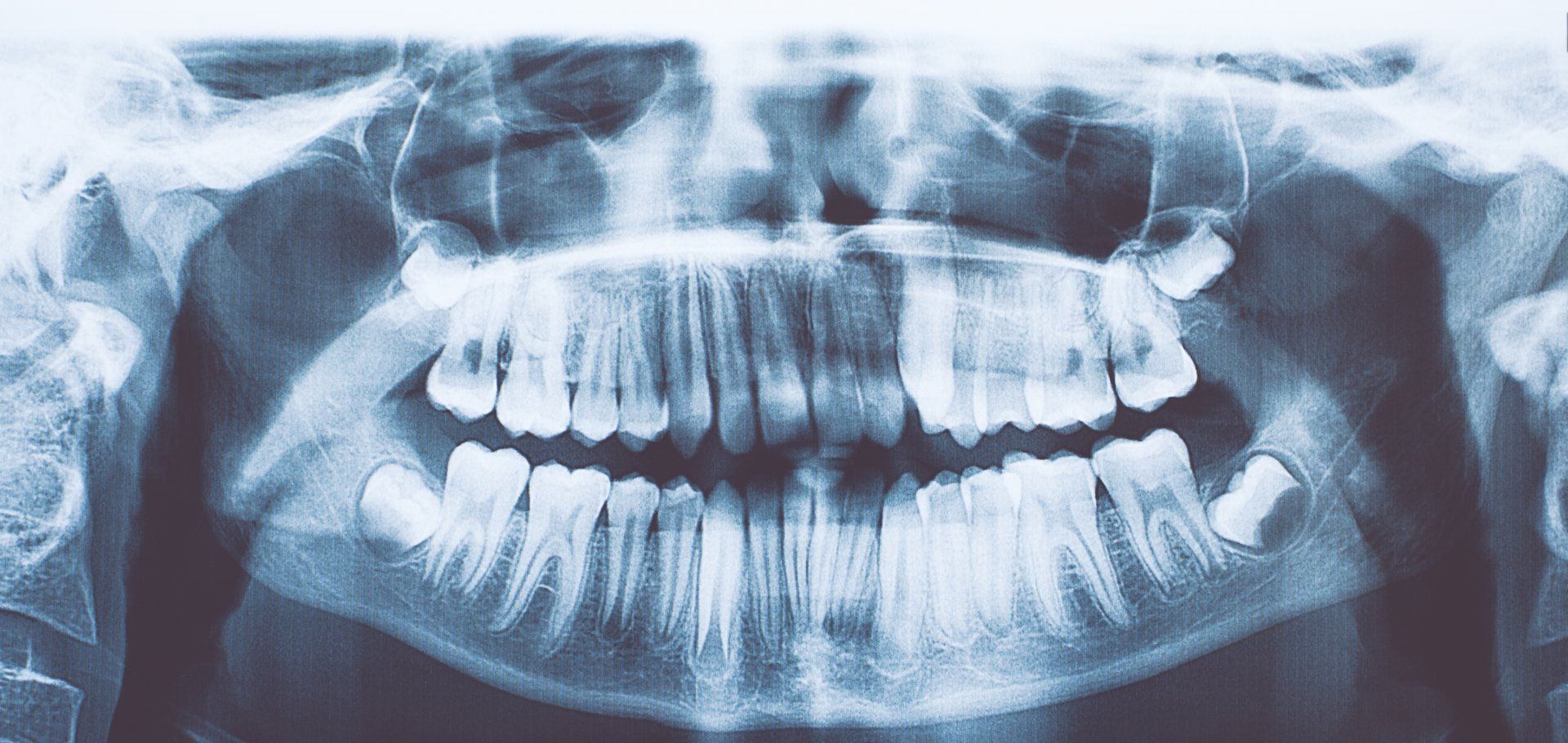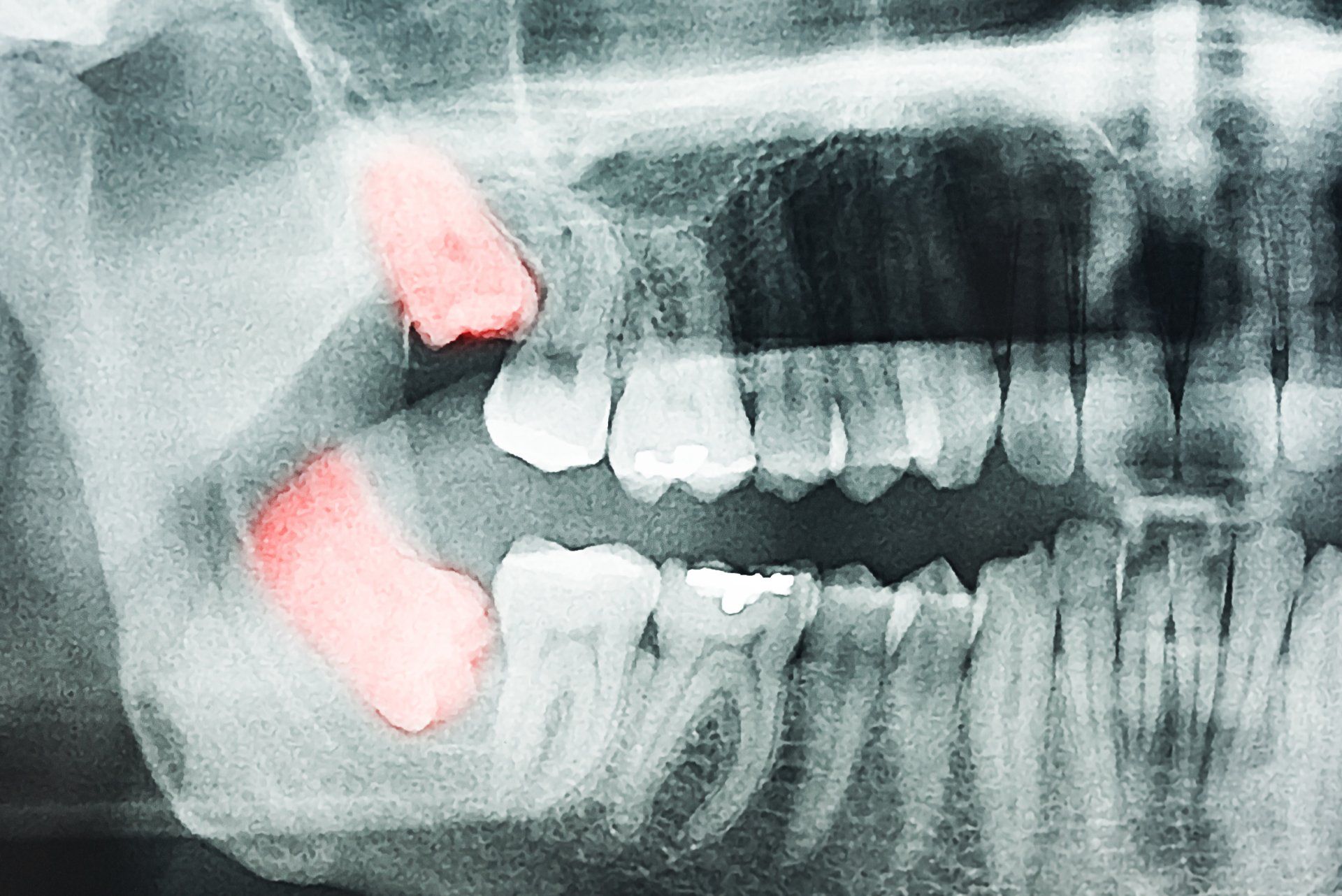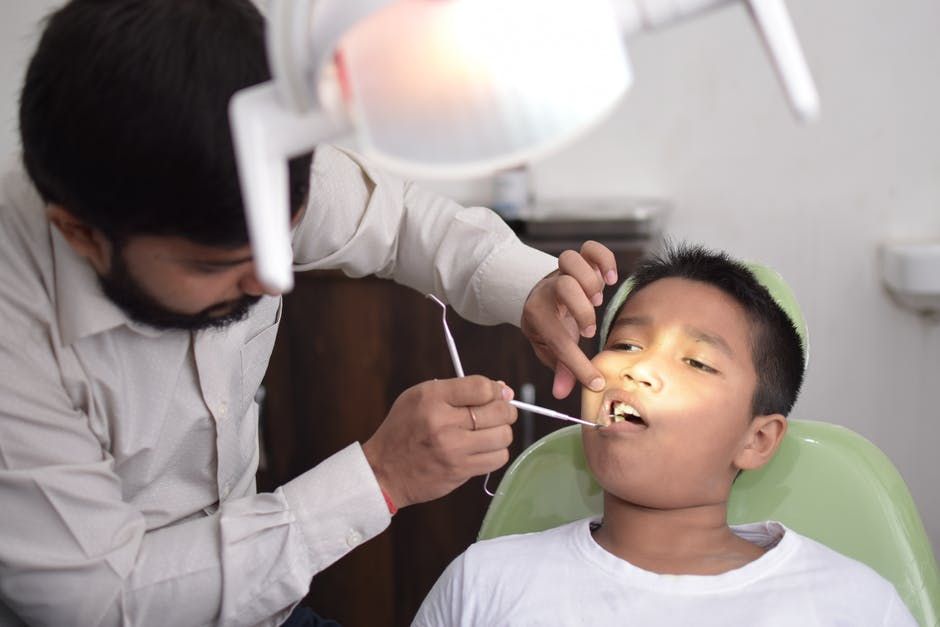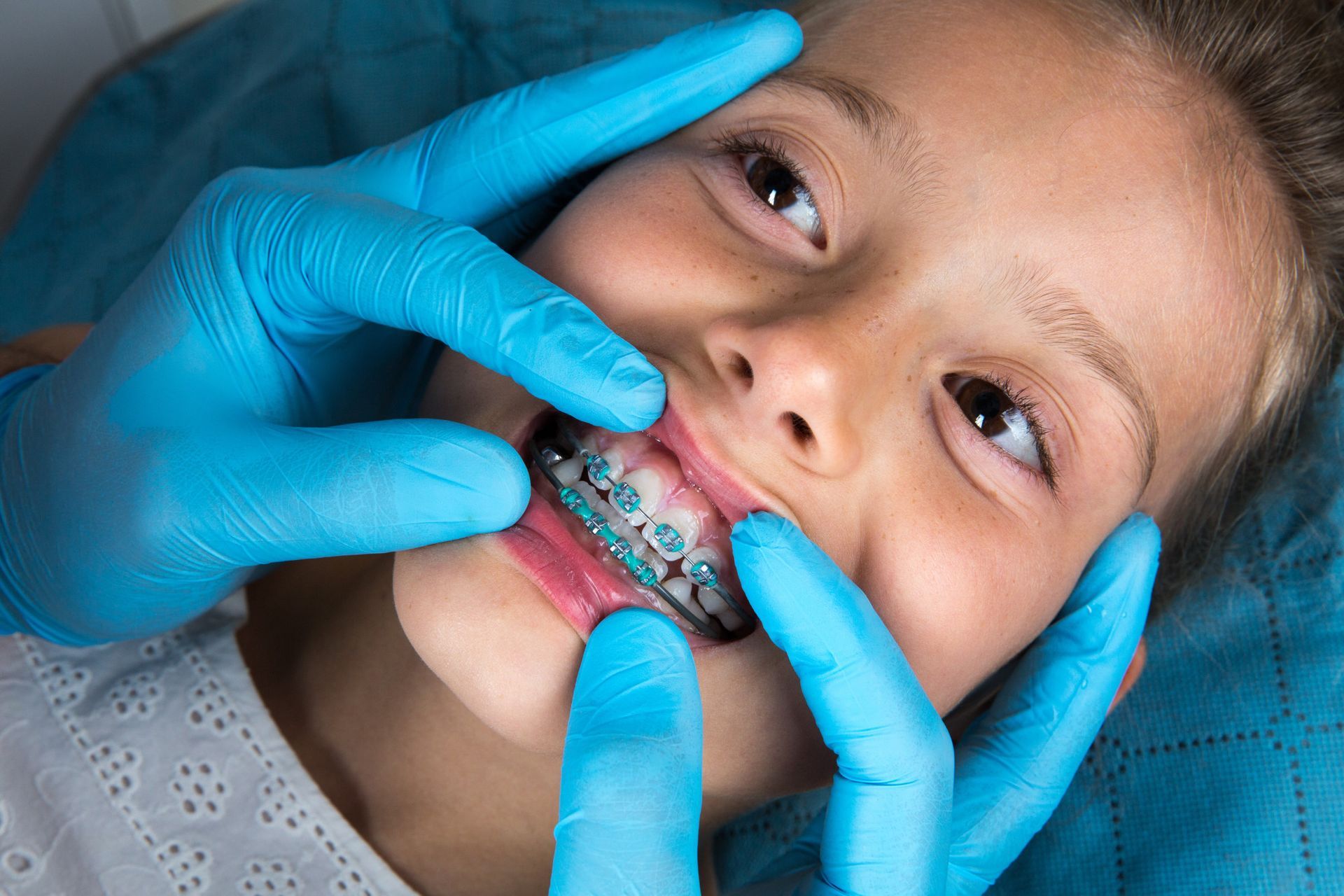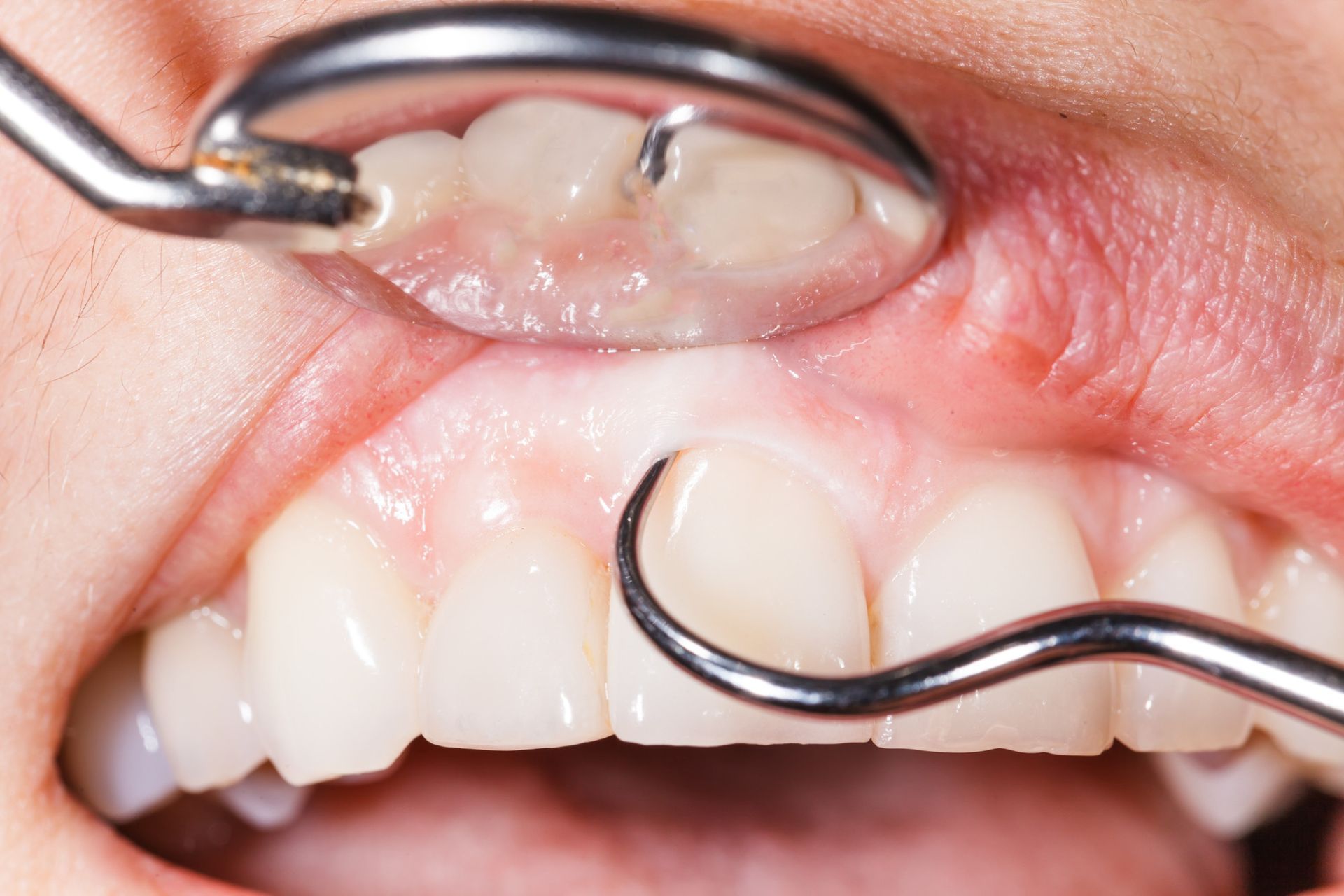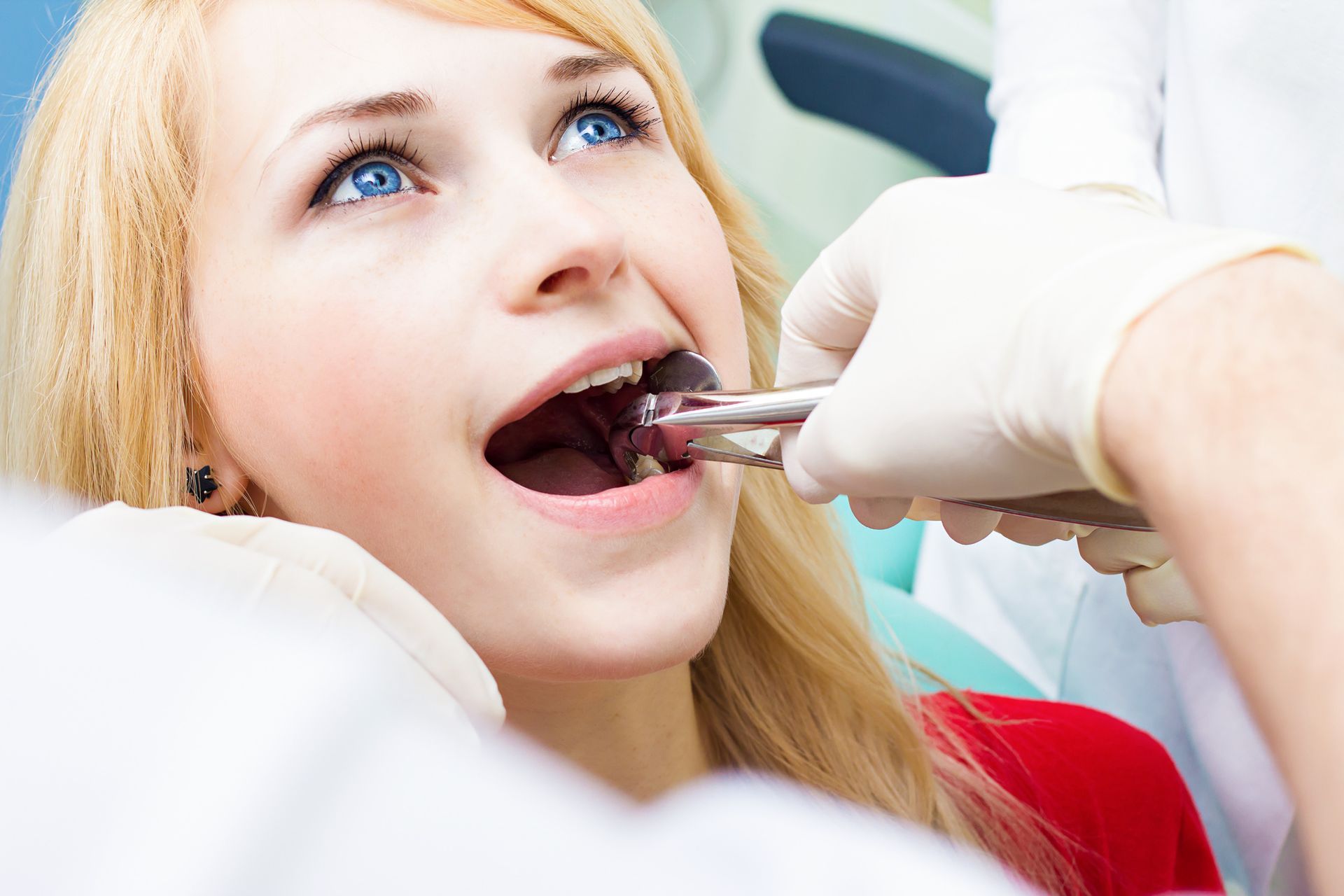Here Are The Main Benefits of a Temporary Dental Bridge
What is a Dental Bridge?
Benefits of Dental Bridges
Types of Bridges
The Process
Considerations
Cost
How Long Do They Ask?
Eating
Care
Make sure to keep your teeth healthy and strong. The success of your dental bridge often depends on the solid foundation your surrounding teeth provide.
First, make sure to brush twice a day and floss regularly. You can also use an antiseptic mouthwash daily to reduce your risk of gum disease and tooth decay. Both conditions can lead to tooth loss.
Your dentist or dental hygienist can show you how to properly brush and floss to maximize results.
Make sure to schedule regular professional cleanings as well. Your dentist can diagnose any problems during the early stages. Catching problems early on can make treatment easier and more effective.
A balanced diet and proper nutrition are also important for improving your oral health.
Here are a few foods to avoid in order to keep your teeth healthy and strong:
- Dried fruit
- Sticky candies
- Chocolate (dark chocolate is a better alternative)
- Chewable vitamins
- Seltzers
- Kombucha
Instead, try to eat foods that are good for your teeth. These include:
- Almonds
- Celery
- Carrots
- Leafy greens
- Yogurt
- Cheese
- Apples
Eating fibrous vegetables, leafy greens, and dairy products can help you maintain a healthy smile. In the meantime, try to avoid sugary drinks, such as soda and red wine. Instead, make sure to drink plenty of water.
Bridge the Gap: The Main Benefits of a Temporary Dental Bridge & More


